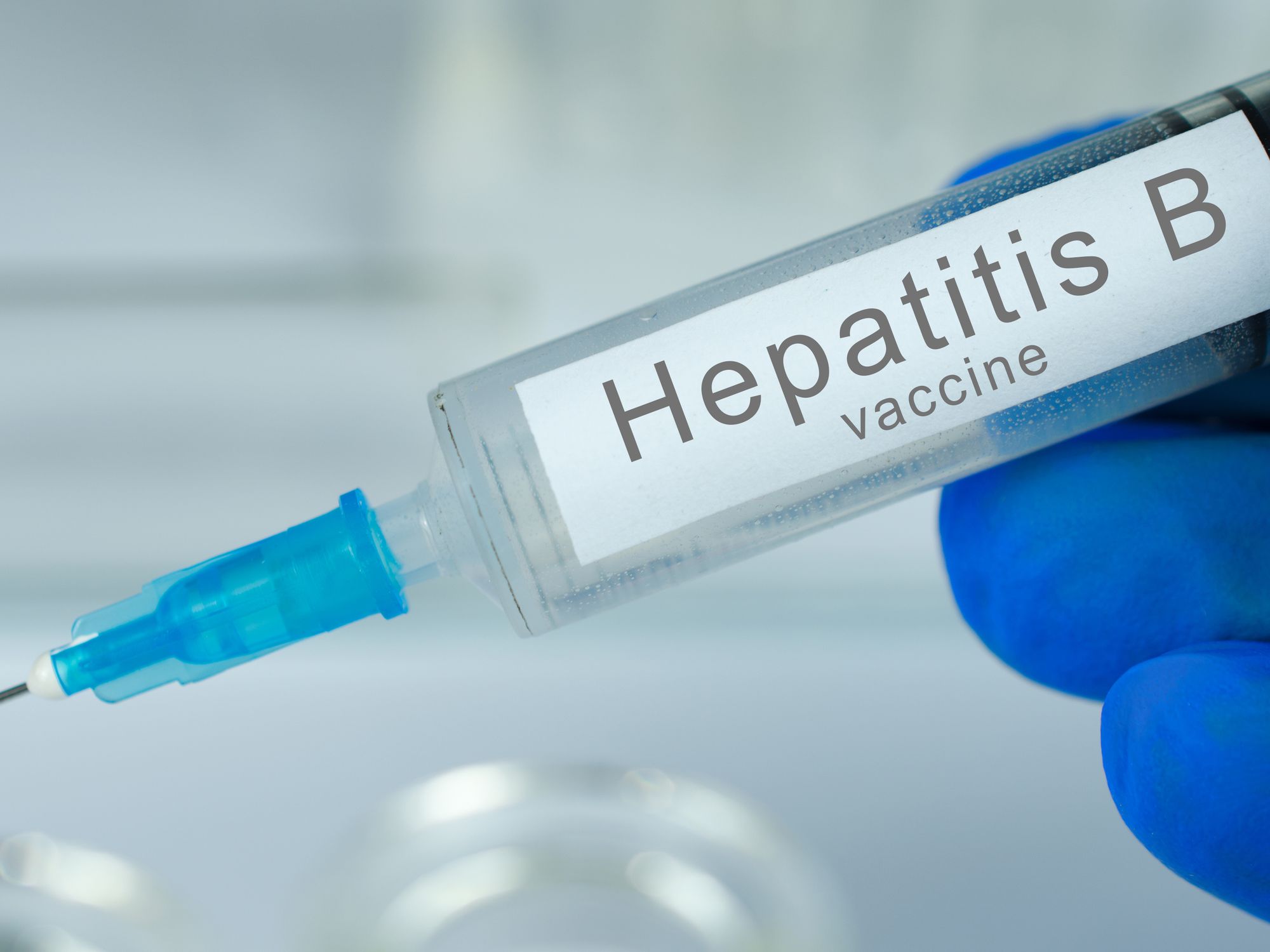Vaccination

- Employers are required to provide hepatitis B vaccination free of charge to workers with occupational exposure.
- Employers cannot require pre- or post-vaccination screening for antibodies but may make it available.
- Employees who decline the vaccination can decide to get it later, as long as they still have occupational exposure.
Currently, the only vaccine required by the Occupational Safety and Health Administration (OSHA) is the hepatitis B vaccine series.
Hepatitis B is a liver infection caused by the hepatitis B virus (HBV). Hepatitis infection represents a significant occupational hazard to all workers who contact blood or certain body fluids from infected persons. Although many people with hepatitis B may feel or look ill, many people with a hepatitis B infection are unaware that they have contracted the virus.
The best way to prevent hepatitis B is by getting vaccinated. The vaccine stimulates the immune system to protect against the virus. After the vaccine is given, the body makes antibodies that protect against the virus. An antibody is a substance found in the blood that is produced in response to a virus invading the body. These antibodies will fight off the infection if the person is exposed to HBV in the future.
The Centers for Disease Control and Prevention (CDC) say the hepatitis B vaccine is safe and effective.
Vaccine availability
Employers must make the hepatitis B vaccine and vaccination series available at no cost to all employees who have occupational exposure. Booster doses are not currently recommended by the CDC, but if that recommendation changes, those boosters must also be offered.
Vaccinations must be made available at a time and place that’s convenient for employees.
Employers must offer the hepatitis B vaccine and vaccination series after initial training and within 10 working days of initial assignment to employees who have occupational exposure, unless:
- The employee has previously received the complete hepatitis B vaccination series,
- Antibody testing reveals that the employee is immune, or
- Medical reasons prevent the employee from being vaccinated.
The employee has the option to decline the vaccination and follow-up programs.
General requirements for vaccination
The vaccine must be performed by (or under) the supervision of a licensed physician or other licensed healthcare professional, whose legally permitted scope of practice includes independently performing the vaccination.
Vaccinations need to follow the current recommendations of the U.S. Public Health Service. This simply means the CDC guidelines.
Cost of vaccination
Vaccination must be at no cost to the employee. This means, among other things, no “out of pocket” expense. Employers can’t require employees to use healthcare insurance to pay for the vaccine unless the employer pays all of the cost of the health insurance and there are no deductibles, copayments, or other expenses. A reimbursement process would also violate the no-cost rule, as would requiring workers to pay back the cost of the vaccine if they leave their jobs before a specified time period.
First aid providers and Good Samaritans
First aid is often a collateral, not a primary, duty of an employee. If an employer fails to provide the vaccination to employees for whom first aid is not a major job task, OSHA can cite the employer but will not issue a fine if the following conditions are met:
- These types of first aiders are addressed specifically in the employer’s written plan;
- The employer documents events requiring first aid;
- First aiders are trained to report first-aid events; and
- The vaccine is made available to first aiders within 24 hours of a first-aid event, regardless of whether an exposure incident occurred.
If workers’ potential bloodborne pathogen exposure results from Good Samaritan acts that are not part of their job duties, employers aren’t required to offer them the vaccine. However, OSHA recommends that the employer offer Good Samaritans post-exposure evaluation and follow-up, which may include vaccination.
Construction industry
While 1910.1030 does not apply to the construction industry, employees in construction are not free from bloodborne pathogen hazards. Therefore, OSHA has indicated that employees responsible for providing first aid or medical assistance at a construction site are expected to receive vaccination and follow-up in the event of an exposure incident.
In a letter of interpretation dated January 26, 1993, OSHA was asked about the provision of the hepatitis B vaccine to employees in the construction industry who have occupational exposure to blood or other potentially infectious materials. The letter explains, “Section 5(a)(1) of the [Occupational Safety and Health Act], which requires employers to furnish a workplace which is free from recognized hazards which may cause or are likely to cause death or serious physical harm, may be applied where appropriate to the construction industry … It is under the General Duty Clause that OSHA may require, where appropriate, the provision of the hepatitis B vaccine to those employees who have occupational exposure [in construction].”
